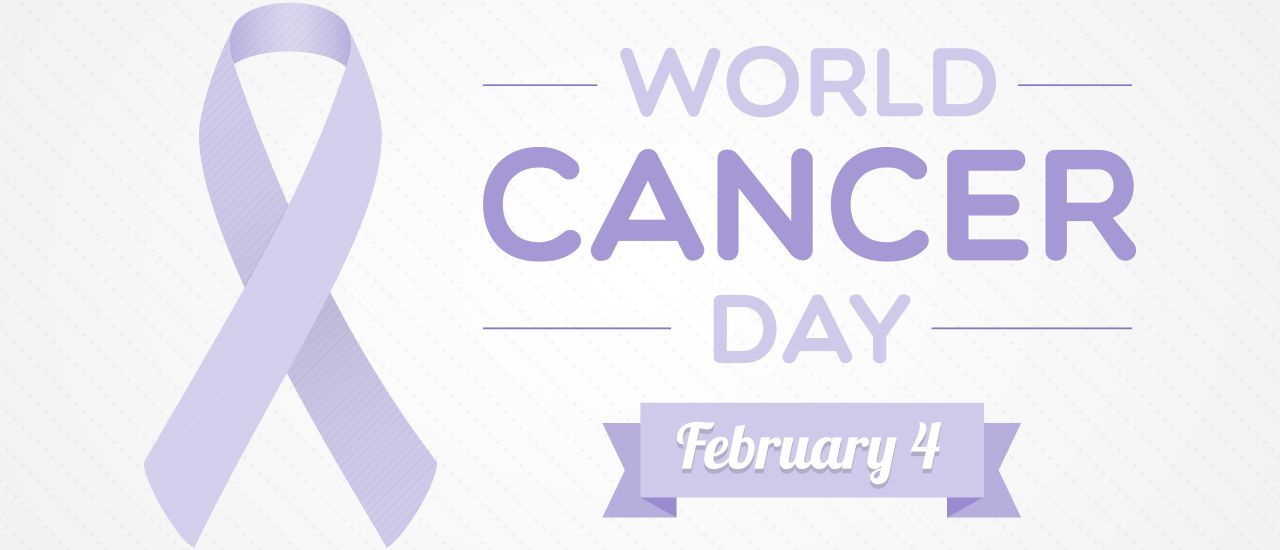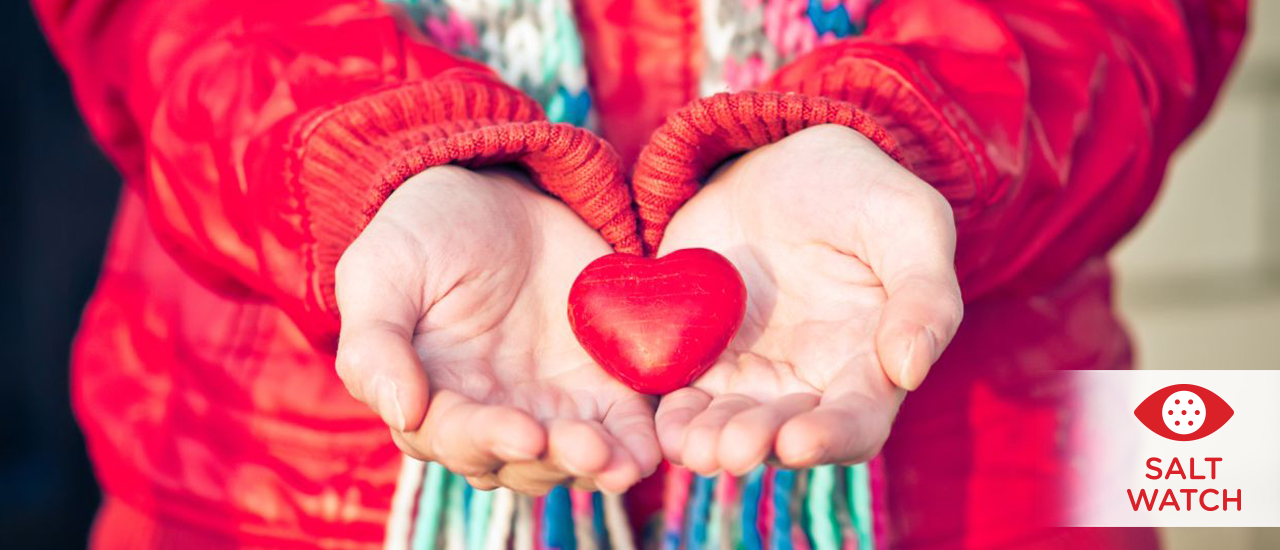A good friend phones to tell you they have lost their job. Would you say: “Of course you did. You’re lazy, stupid and not good enough”? Certainly not. You would probably say something like: “I’m sorry, that’s awful. But you weren’t happy there and now you’re free to find something you like. And you have some amazing skills, you’ll find something suitable soon.”
Yet, if you were in the same position yourself, you might be more likely to beat yourself up, saying things to yourself you would not say to a friend. We can be unkind to ourselves, and it undermines our ability to be happy.
Show some kindness
When you constantly criticise yourself, you develop unwholesome thinking patterns that can hold you back – a fear of failure, toxic perfectionism and self-loathing are common examples. The antidote is self-compassion.
Though it may sound like self-pity, or even selfishness, it is quite the opposite. A self-pitying outlook means thinking of yourself as a victim, while self-compassion is the recognition that everyone struggles, and that we all do make mistakes, and that it’s okay.
It’s also very different from a false sense of self-esteem. That is an egocentric outlook, often involving a lot of self-judgement when you falter or fall short. This superficial sense of self-esteem tends to soar when things are going well, but crumbles when we fail. Self-compassion, on the other hand, allows you to respond to your failures with kindness and to pick yourself up and try again. With self-compassion, you hold an enabling attitude to your life.
This does not mean giving up when things don’t work. With the enabling approaches of acceptance and reassurance, you can still act to change things for the better. Self-criticism, especially coupled to perfectionism, has the opposite and is therefore rather crippling.
In essence, self-compassion means giving yourself the understanding and support you give your loved ones. It allows you to build yourself up to newer, happier heights.
The positive effects of self-compassion
Lowered anxiety
Self-compassion helps you worry less because it enables you put things in perspective. Seeing yourself as simply being human, but with the capacity to learn from your mistakes, will help you view any problem more objectively.
Lowered fear of failure
We tend to think that we won’t achieve our goals unless we’re very hard on ourselves. But this self-criticism undermines self-belief and leads to fear of failure. Self-compassion, on the other hand, stops you running yourself down if you make a mistake, so you’re not afraid to make mistakes and experiment.
Swopping self-esteem for inner strength
A false sense of self-esteem often involves judgement – telling yourself you’re a good person, or not. At the extreme it can feel that nothing you do is good enough. Self-compassion is not about judging, but about being kind and supportive to yourself, thereby building inner strength.
Less burnout
When your total focus tends to be about giving to others, with the risk of neglecting your own real needs, you can easily get burned out. With self-compassion you give yourself permission to take time-out needed. This also helps you maintain a friendlier attitude to others in the long run.
Compassion for others
When we have compassion for ourselves, it’s easier for us to have compassion for others.
How to start
When you’ve spent years being your own worst critic, things aren’t likely to change simply because you’ve decided they must – it takes purposeful practice. So, wondering where to start? Pay some attention to the following:
- Mindfulness – viewing situations without judgment and instead just observing them calmly
- Meditation – aimed at self-compassion: focusing on thoughts like ‘May I have joy in …’
- Awareness – observing your thoughts to recognise when your inner critic is at work, counteracting those thoughts with kinder phrases.
Developing self-compassion takes practice. If you do this regularly in your everyday life, self-compassion will become a habit. Then, when you suffer some setback and you need it, your inner kindness will come more naturally.
References
- Greater Good Magazine
- lifehack.org
- self-compassion.org



